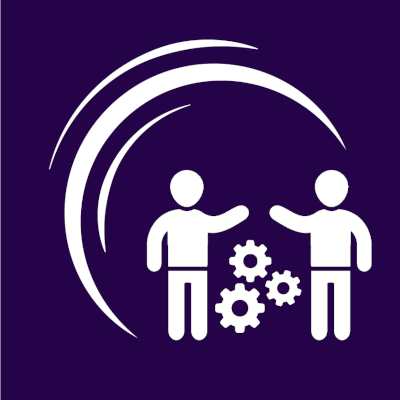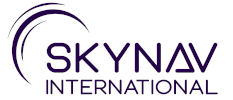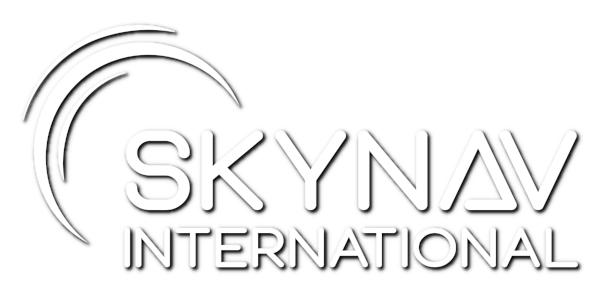






FRMS & CISM
The human is a critical part of today’s aviation. They are a great asset, capable of complex tasks, creative ideas and safe judgements. They are also highly complex machines that need to be maintained appropriately in order to operate effectively. Fatigue and stress are two influences which can significantly impair human performance. Managing them, and the general welfare of staff, is key to maintaining an effective and safe operation.
Fatigue Risk Management Systems (FRMS) and Critical Incident Stress Management (CISM) schemes are an integral part of a modern Air Traffic Service and, most importantly, a fundamental part of a Safety Management System.
SkyNav develops, implements and supports FRMS & CISM schemes that will provide a valuable contribution to the effectiveness of your organisation.

FRMS & CISM
The human is a critical part of today’s aviation. They are a great asset, capable of complex tasks, creative ideas and safe judgements. They are also highly complex machines that need to be maintained appropriately in order to operate effectively. Fatigue and stress are two influences which can significantly impair human performance. Managing them, and the general welfare of staff, is key to maintaining an effective and safe operation.
Fatigue Risk Management Systems (FRMS) and Critical Incident Stress Management schemes are an integral part of a modern Air Traffic Service and, most importantly, a fundamental part of a Safety Management System.
SkyNav develops, implements and supports FRMS & CISM schemes that will provide a valuable contribution to the effectiveness of your organisation.

Fatigue Risk Management
Fatigue Management refers to the methods by which Service Providers and operational personnel address the safety implications of fatigue. ICAO Annex 11 requires that “States shall establish regulations for the purpose of managing fatigue in the provision of air traffic control services”.
An FRMS is a system by which the working conditions of staff are controlled to ensure they operate at the highest and safest level. It also includes the training and education of those staff to ensure that they are aware of the impact of their physical state while they are conducting safety related tasks.
Implementing FRMS
It is important that any FRMS is based on scientific principles and knowledge, along with operational knowledge and experience. This means that any requirements, limits, restrictions, or other stipulated criteria are based on current scientific knowledge and are relevant to the operation they are being applied to.
SkyNav can provide the expertise and knowledge needed to develop your FRMS, and then assist you with the implementation to the operation, from change management processing to staff training.


Criticial Incident Stress Managment
A critical incident can be defined as any powerful traumatic event that initiates a crisis response and can overwhelm the usual coping mechanisms of individuals. It is typically accompanied by cognitive, emotional, physical and behavioural manifestations of stress.
Critical Incident Stress is a state of cognitive, physical, emotional and behavioural arousal that follows a Critical Incident. If not managed and properly resolved, it may lead to several psychological disorders such as acute stress disorder, post-traumatic stress disorder, panic attacks, depression, drug abuse, and so on.
Implementating CISM
For a long time, the effects of post-incident stress have been overlooked and, as such, operations have fundamentally lost important assets, their staff, and therefore their efficiency for longer than they needed to. CISM aims to address this by providing a support structure. An effective CISM scheme will provide counselling and support from the moment a potentially traumatic event is known, with the intent to minimise the negative effects of the event itself.
SkyNav’s Human Factors trained team will develop your CISM scheme tailored to your staff and assist with the mentoring and roll-out to the operation.


Staff Welfare & Performance
Humans are a fundamental part of today’s aviation. This means that their performance underpins the efficiency and safety of any aeronautical system. Ensuring high staff welfare is an important and comparatively easy way to ensure the highest levels of safety and effective performance.
SkyNav’s team can help you to provide the necessary conditions for your staff to operate effectively, while engaging them to ensure they are onboard with company direction and aspirations.

Fatigue Risk Management

Implementing FRMS

Criticial Incident Stress Managment

Implementating CISM



